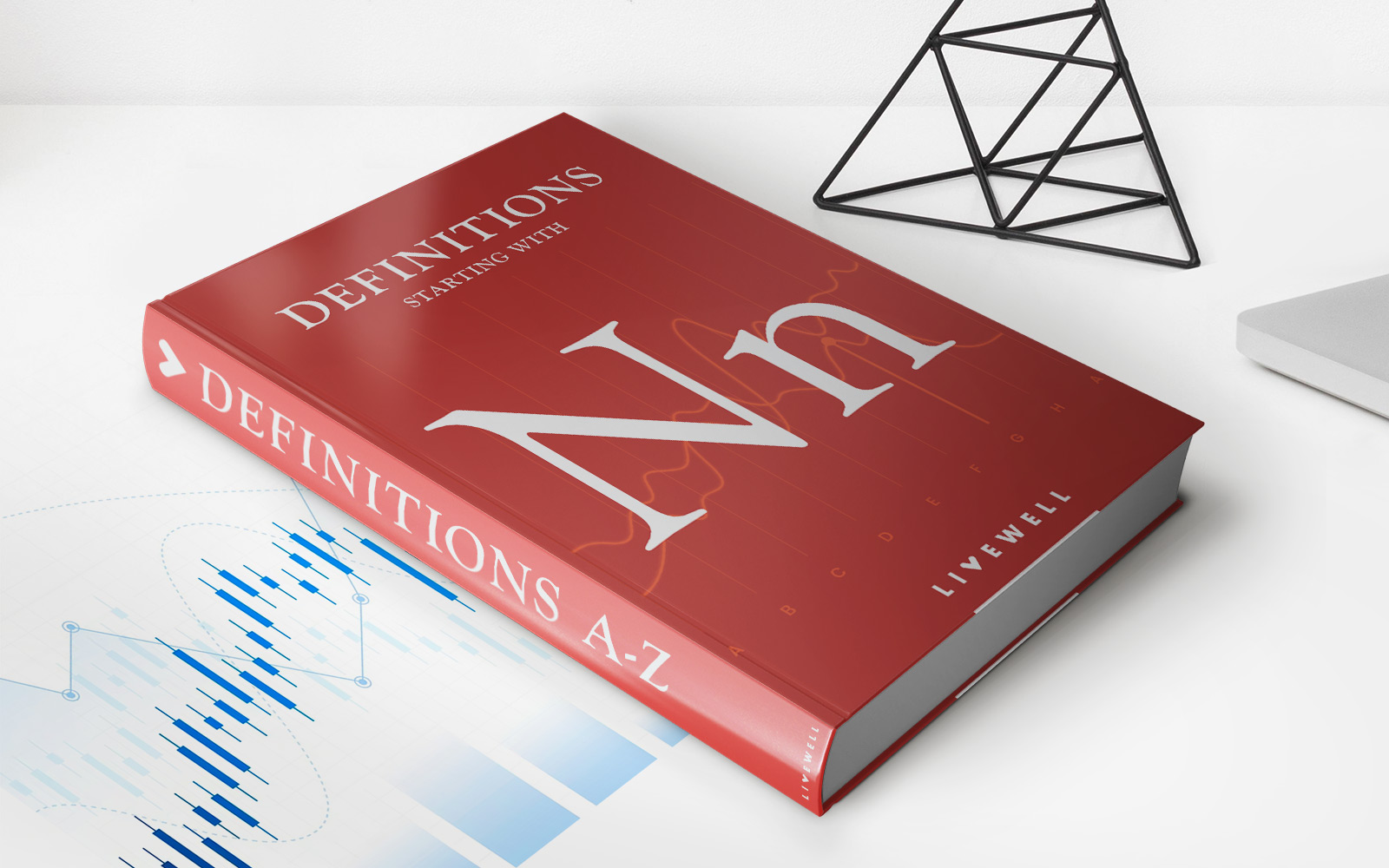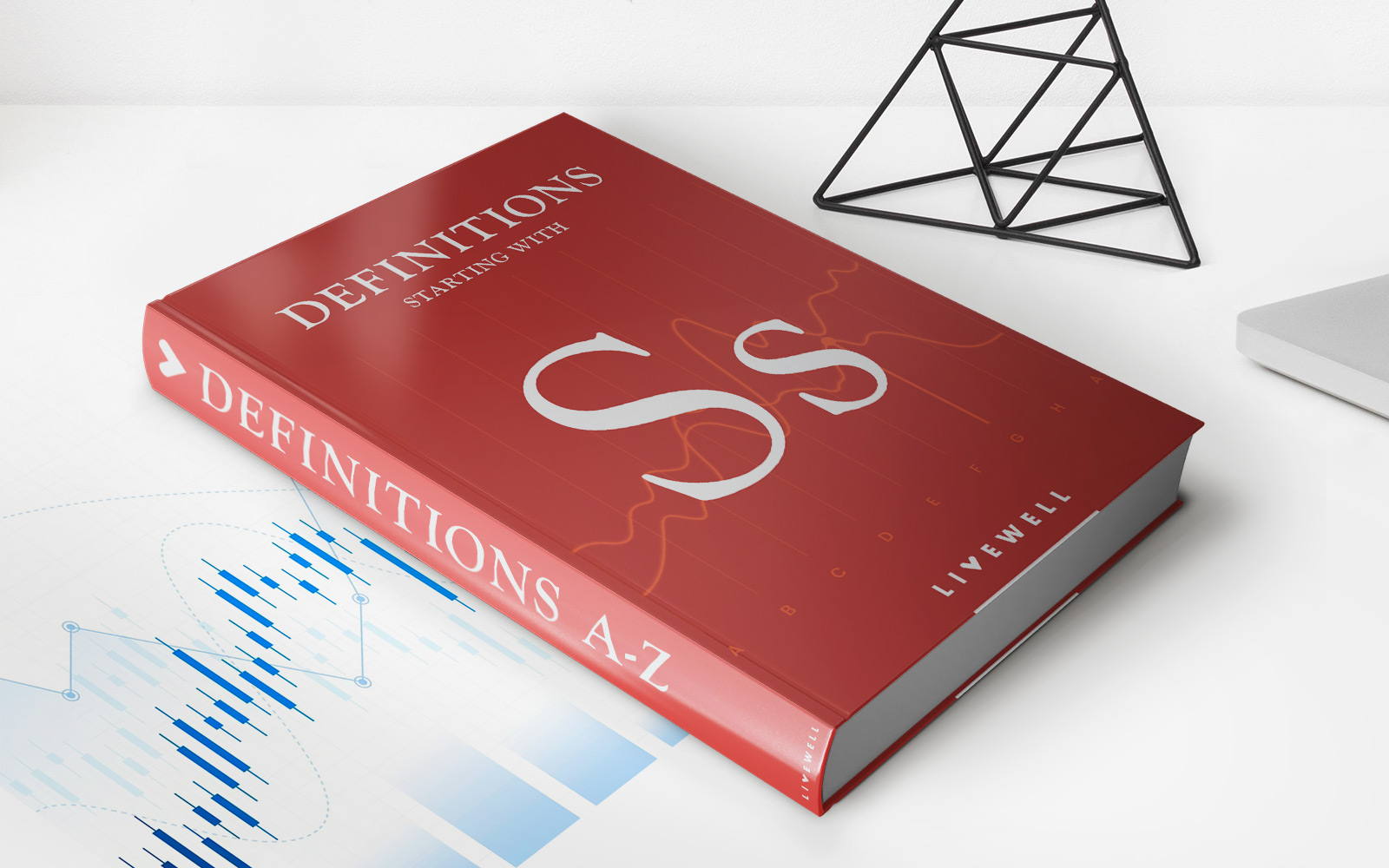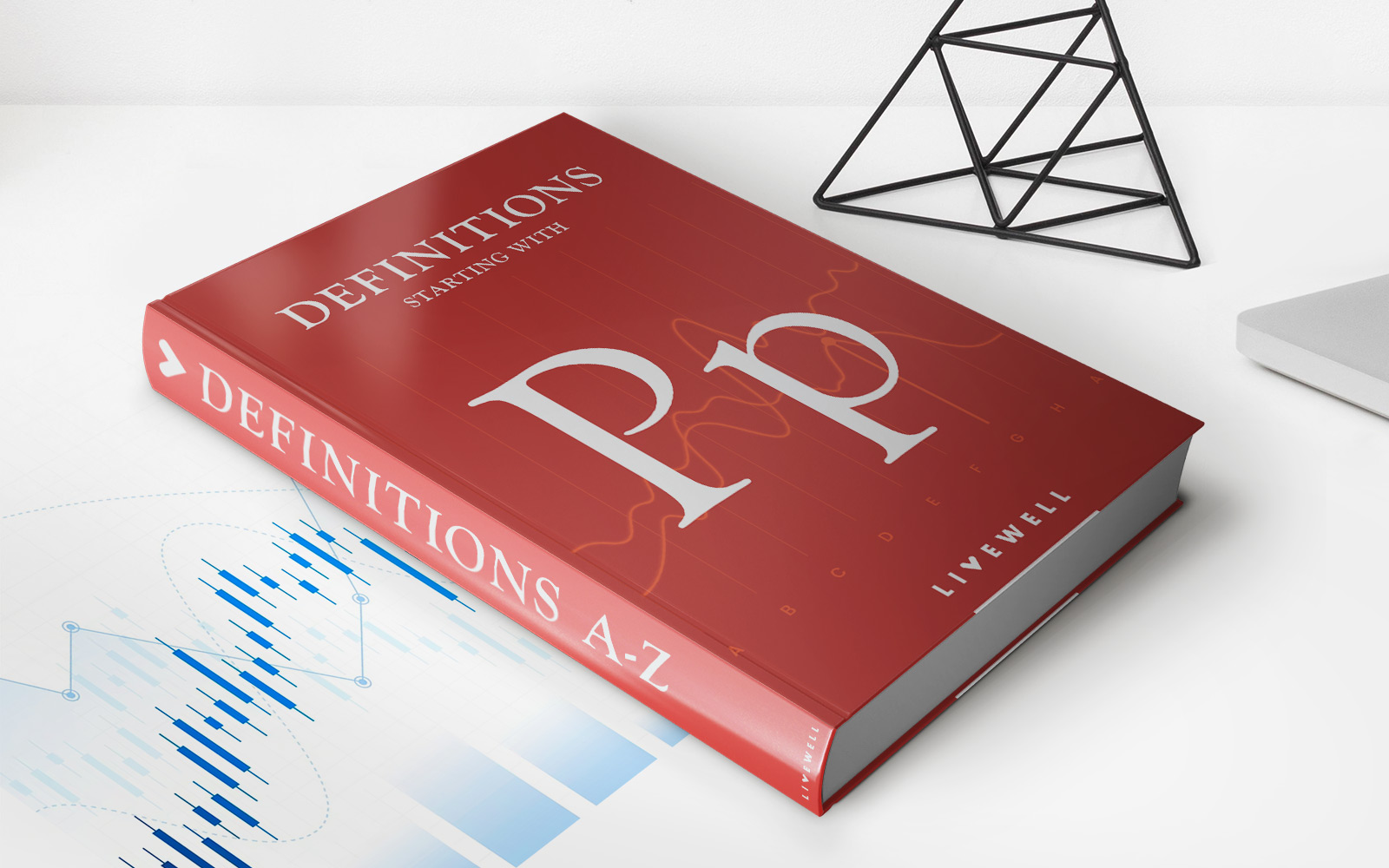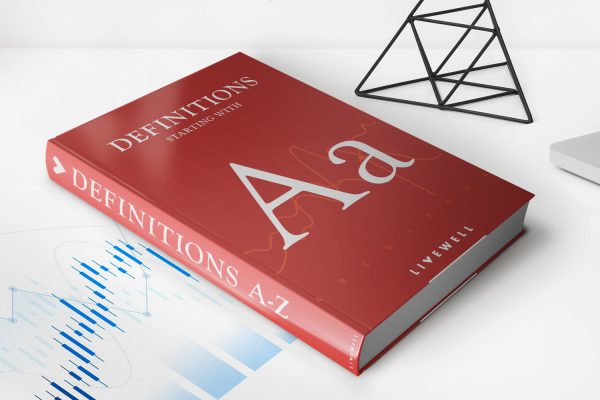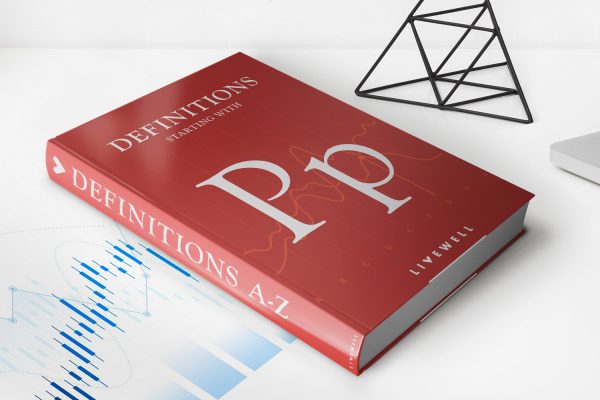Home>Finance>Financial Repression Definition, Features, Consequences


Finance
Financial Repression Definition, Features, Consequences
Published: November 24, 2023
Discover the meaning, features, and consequences of financial repression in the world of finance. Stay informed on the impact it can have on both individuals and economies.
(Many of the links in this article redirect to a specific reviewed product. Your purchase of these products through affiliate links helps to generate commission for LiveWell, at no extra cost. Learn more)
The Not-So-Secret World of Financial Repression
Have you ever wondered why your hard-earned money seems to stretch a little less every year? Or why interest rates on your savings account are lower than ever before? Well, my friend, you may be a victim of financial repression. But fear not! In this article, we will explore the definition, features, and consequences of financial repression.
Key Takeaways
- Financial repression refers to government policies that aim to channel funds to the public sector at the expense of private savers and investors.
- Features of financial repression include interest rate controls, capital controls, government ownership or control of banks, and use of mandatory savings schemes.
Unveiling the Definition
Financial repression, while it may sound like a form of covert operation, is actually a set of government policies designed to regulate and manipulate the financial system for its benefit. These policies are primarily aimed at channeling funds to the public sector, often at the expense of private savers and investors.
At its core, financial repression is a means of acquiring cheap financing for governments and reducing public debt through various restrictions and controls. But how exactly does it work? Let’s dive into the features that define financial repression.
Features of Financial Repression
- Interest Rate Controls: Through interest rate controls, governments can artificially suppress interest rates, keeping them at levels lower than what the market would typically dictate. This effectively reduces the interest income earned by savers and investors.
- Capital Controls: Capital controls involve restrictions on the movement of funds in and out of a country. These controls limit individual and institutional investors’ ability to diversify their portfolios or seek higher returns abroad.
- Government Ownership or Control of Banks: When governments exert significant control over banks, they can use them as tools to finance their operations, directing funds towards their preferred projects or industries. This can result in limited access to credit for private sector borrowers.
- Mandatory Savings Schemes: Some governments implement mandatory savings schemes, forcing individuals to allocate a portion of their income to government-controlled funds. These schemes provide a direct source of low-cost financing for the government.
Now that we understand the features of financial repression, it’s time to take a closer look at the consequences it can have on individuals and economies.
Consequences of Financial Repression
Financial repression may have a multitude of consequences, some of which include:
- Lower Savings and Investment Returns: With artificially suppressed interest rates, savers and investors earn lower returns on their savings and investments. This can discourage saving and lead to a misallocation of capital within the economy.
- Inflation Risk: In an effort to reduce public debt, governments often resort to printing more money, which can result in higher inflation. This diminishes the purchasing power of individuals and erodes the value of their savings.
- Distorted Market Signals: When interest rates and other market signals are manipulated, they lose their ability to accurately reflect supply and demand dynamics. This can lead to inefficient allocation of resources, hindering economic growth.
- Inhibited Private Sector Growth and Innovation: Financial repression can stifle private sector growth by limiting access to credit and favoring state-owned enterprises. This discourages entrepreneurship and inhibits innovation.
In conclusion, financial repression is a set of government policies that prioritize the public sector’s interests at the expense of private savers and investors. By implementing interest rate controls, capital controls, and other mechanisms, governments can manipulate the financial system to their advantage. However, the consequences of financial repression can have a detrimental impact on individuals, economies, and overall financial stability. So, the next time you notice your money seems to be slipping away, you’ll know the culprit – financial repression.
